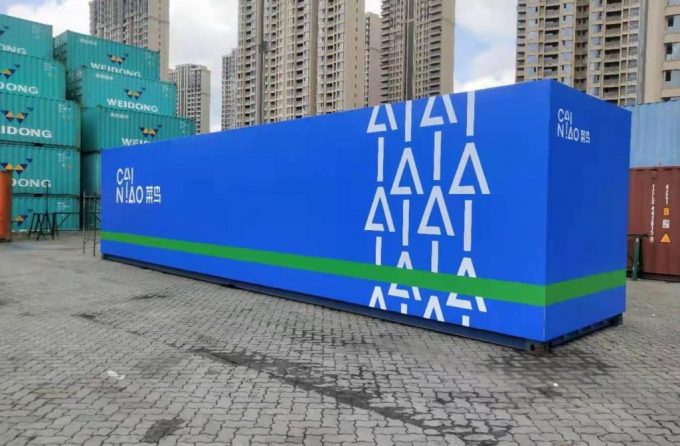Chinese ecommerce merchants wary of 'risky' new platforms
The Loadstar has launched a series of reports on the ecommerce sector, which has been driving growth ...

Cainiao Smart Logistics Network, part of e-commerce giant Alibaba, is the latest Chinese logistics player to expand into air cargo.
Last Thursday, through 100%-owned subsidiary Zhejiang Cainiao Supply Chain Management Co, Cainiao paid $248m for a 20% stake in Air China Cargo, the air cargo arm of the Chinese state-controlled airline.
Amid the well-publicised capacity and equipment crunch in container shipping, logistics businesses and shippers have been looking at alternatives like air and rail freight. So it is not surprising that this year, ...
Maersk Air Cargo sees volumes fall as it aims for 'margin in favour of revenue'
Keep our news independent, by supporting The Loadstar
Container spot rates diverge: to Europe still falling, but firmer to the US
Hapag-Lloyd won't take bookings if port congestion leaves cargo stranded
Ecommerce likely the front-runner in resurge of transpacific trade after deal
Airfreight players eye new routes as demand on the transpacific nosedives
China-US trade tariff pause could drive a rebound for transpacific rates
Service chaos from trade ban with India a problem for Pakistan shippers
Volume surge and an early peak season? 'Don't celebrate too soon,' warning
Airfreight rates ex-China 'loss-making', but hopes of a trade deal stay high
Indian coastal freight attracts major carriers, but regional tension disrupts
Serious threat to jobs in US logistics as tariffs cause economic 'stagflation'
APMM floats along on 'solid' Q1 profitability in Ocean, well prepared for choppy water
White House u-turns see freighters flying but keep logistics players on their toes
Carriers impose 'emergency operation' surcharges on Pakistan cargo
MSC in terminal switch as Nhava Sheva gets strong start to new fiscal year


Comment on this article